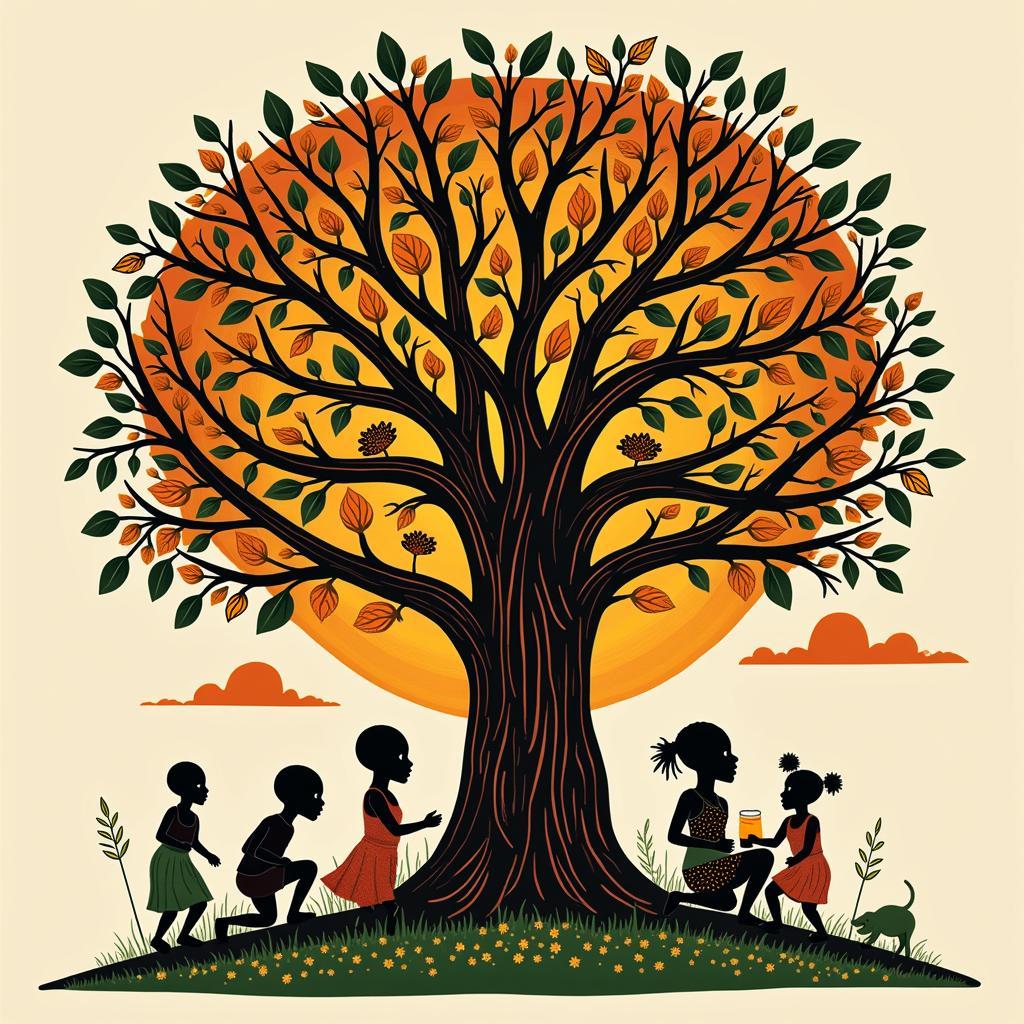African Countries Currencies and Symbols: A Comprehensive Guide
Africa is a continent of immense diversity, boasting a rich tapestry of cultures, languages, and histories. This diversity extends to the economic realm, with each of its 54 countries possessing its own unique currency and symbolism. Understanding the currencies and symbols of African countries provides a fascinating glimpse into their economic systems, colonial pasts, and aspirations for the future.
Deciphering the Tapestry: African Currencies and their Origins
The currencies of Africa are as diverse as the continent itself, each with its own story to tell. Many African currencies were established in the wake of independence, replacing colonial currencies with symbols of newfound autonomy. These new currencies often reflected national pride, drawing inspiration from national heroes, iconic landmarks, and indigenous flora and fauna.
For instance, the South African Rand, named after the Witwatersrand gold region, replaced the South African pound in 1961, marking a decisive break from its colonial past. Similarly, the Ghanaian Cedi, introduced in 1965, replaced the Ghanaian pound, with the name “Cedi” derived from the Akan word for cowry shells, once used as currency in pre-colonial Ghana.
Currency Symbols: A Glimpse into National Identity
The symbols used to represent African currencies are more than just economic indicators; they are powerful emblems of national identity and cultural heritage. These symbols often encapsulate a country’s history, values, and aspirations, serving as visual reminders of national pride.
The Nigerian Naira, for instance, is represented by the symbol ₦, which resembles the uppercase letter “N” with two horizontal strokes. This symbol is not only an abbreviation for Naira but also symbolizes the country’s two major rivers, the Niger and the Benue, highlighting their geographical and economic significance.
Navigating the Exchange: Understanding Currency Fluctuations
For travelers and businesses operating in Africa, understanding currency fluctuations is crucial. Exchange rates can impact travel costs, investment returns, and the price of imported goods, making it essential to stay informed about currency trends. Factors such as commodity prices, political stability, and economic growth can all influence currency valuations.
Beyond the Monetary: The Cultural Significance of Currency in Africa
In many African cultures, currency extends beyond its economic function, playing a significant role in social customs and traditions. For example, in some cultures, money is given as a gesture of respect during greetings or as a token of appreciation at weddings and funerals. Understanding these cultural nuances is essential for navigating social interactions with sensitivity and respect.
Frequently Asked Questions about African Currencies
1. What is the most widely used currency in Africa?
The most widely used currency in Africa is the South African Rand (ZAR).
2. Are all African currencies pegged to major international currencies?
No, while some African currencies are pegged to major international currencies like the US dollar or the Euro, others operate on a floating exchange rate system.
3. Where can I find reliable information about current exchange rates for African currencies?
Reputable online currency converters, banks, and financial institutions can provide up-to-date information on exchange rates.
4. What should I know about using foreign currency in African countries?
It’s advisable to check the currency regulations of the specific countries you are visiting. Some countries may have restrictions on the amount of foreign currency you can bring in or exchange.
5. What are some common tips for managing money while traveling in Africa?
Inform your bank about your travel plans to avoid card issues, carry small denominations of local currency for transactions, and be aware of exchange rates to ensure you’re getting a fair deal.
Exploring Further: Delving Deeper into African Cultures
Understanding the nuances of African Countries Currencies And Symbols offers a fascinating entry point into the continent’s diverse cultures and economic landscapes. To learn more about the captivating world of African cultures, explore our articles on African countries and their currencies and African symbols. Embark on a journey of discovery and gain a deeper appreciation for the vibrant tapestry of Africa.


